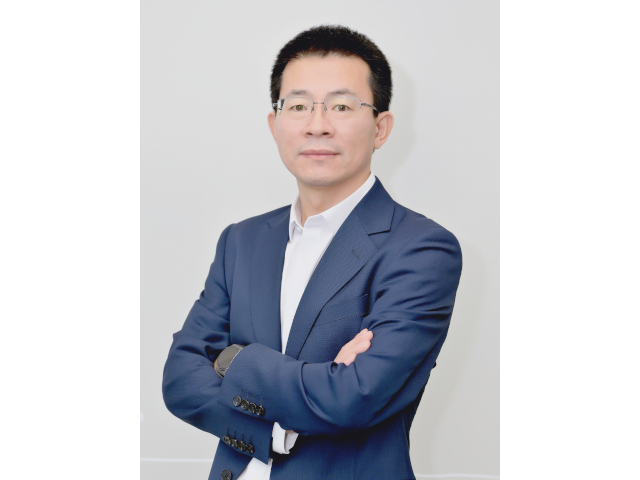Next-gen data centres needed to power Intelligent Africa - Huawei
By Staff Writer 3 December 2024 | Categories: news
There was a lot of talk about an “Intelligent Africa” at last month’s Africa Tech Festival 2024 that was held in Cape Town. And going hand in hand with this discussion is the demands placed on data centres in the artificial intelligence (AI) era. Fan Shixing, director of Huawei’s Data Centre Facility Integration Business Department, addressed this during a keynote speech made during the event, noting that data centres must offer flexible evolution, be always on and be optimised for space and speedy construction.
Fan stressed the need for a new generation of AI data centres (AIDC) to support the continent's increasing desire for advanced, intelligent technologies that can deal with local circumstances. In this regard, he notes that Huawei’s objectives are to build green, flexible and reliable ICT infrastructure, to empower an intelligent Africa.
“Huawei has developed new data centre solutions that use full-stack synergy technology for liquid cooling,” said Fan about the impact of Huawei’s FusionBlock DC solution in Africa. “It offers flexibility, simple construction and around-the-clock data recovery to ensure business continuity.”
Looking at the future, it’s true that as enterprises and citizens ramp up their AI use through generative models and the broader uptake of AI increases, the energy used by data centres will grow. Fan states that for people to reap the benefits of AI, data centres must operate through interconnected high-speed networks to deliver high computing power.
He went on to explained that these AIDCs will no longer rely on CPU-centric architecture, but instead transition to the xPU platform. This will enable rack densities of between 5 and 15 kW to rise to more than 40 kW – all supported by liquid air cooling to achieve a higher power usage effectiveness score of 1.15. “This liquid cooling not only helps save energy, it improves the server density per unit of space, thereby improving computing efficiency and the stability of the data centre,” added Fan. He also believes next-generation AIDCs must be built faster and be easy to scale up in future.
The issue of scale is essential to enabling industry growth as technologies advance and demand for AI services grows. Huawei believes the FusionBlock DC’s prefabricated assembly solution is best suited to meet the requirements of AIDC deployments that may need to be expanded after installation. In a statement Huawei notes, “When compared with once-off construction, the initial investment can be reduced by 30% with this solution, an attractive offering for businesses who need to efficiently spend every dollar. This solution provides highly reliable services and has best-in-class disaster recovery functionality. Should any natural disasters affect the data centre’s location, FusionBlock is built to resist level 9 seismic events, and level 17 winds and it has a two-hour fire rating and good corrosion protection as well as heat insulation.”
Huawei believes the FusionBlock DC’s delivery period can be 3.5 months faster than a traditional data centre build, lowering the overall delivery time by 25%. With this product, Fan said, “Huawei offers both optimal space utilisation efficiency and shortens the time to market therefore addressing the urgent need for fast and efficient data centre construction in Africa.”
Fan believes that in the continental drive for digital transformation, no enterprise can succeed alone. “Only through collaboration can we achieve great things,” he added. And this message of collaboration was one that was echoed by other speakers at Africa Tech Festival 2024 too.
Most Read Articles

Have Your Say
What new tech or developments are you most anticipating this year?



